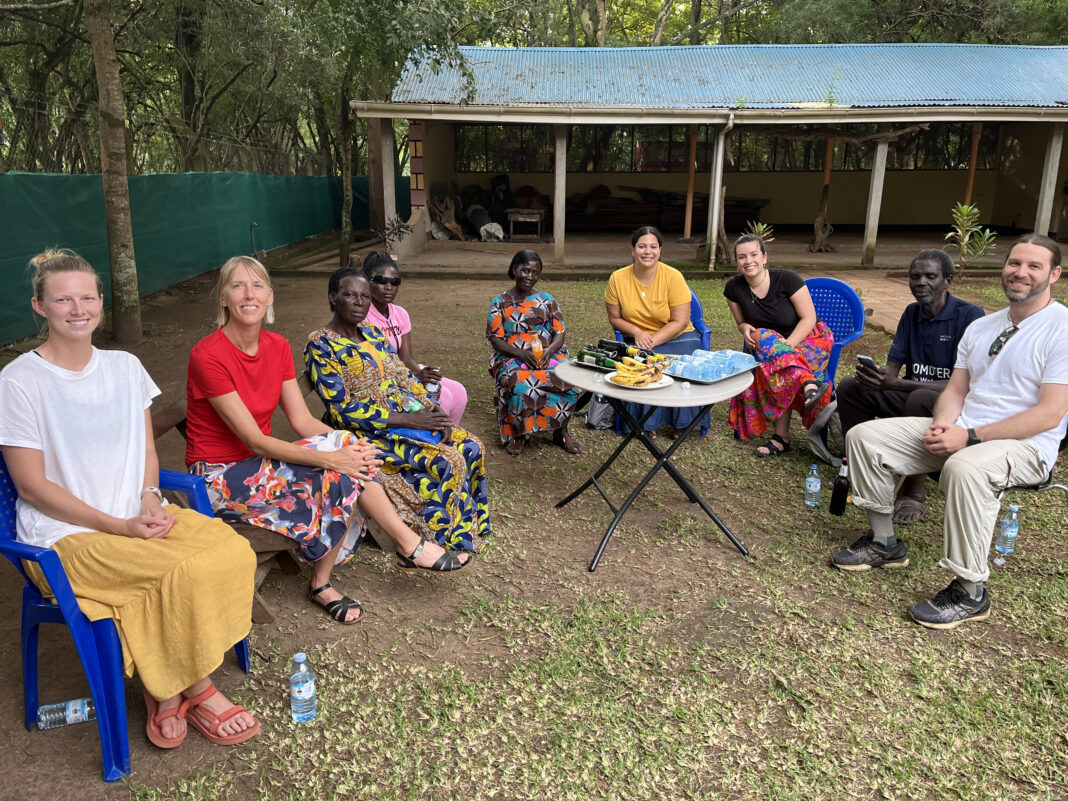The 2023-24 academic year was the first year College of Liberal Arts and Sciences students could pursue a standalone anthropology major, and in the inaugural year, three students were awarded the University’s first official Bachelor of Arts in anthropology degrees.
Dr. Amy Nichols-Belo, associate professor of global health studies and anthropology who has taught at Mercer since 2014, explained that anthropology was initially housed in the sociology department before becoming part of the Department of International and Global Studies.
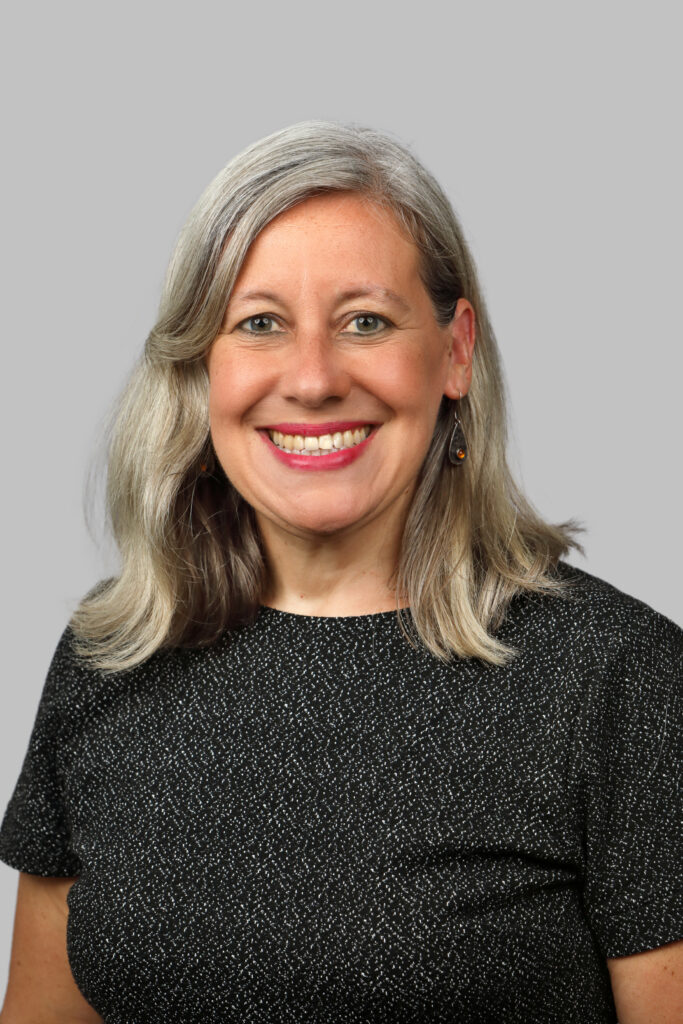
“What we did for a long time is that when we had students that were very interested in anthropology, we would offer them an individualized major where they had to sort of create their own,” said Dr. Nichols-Belo. “But from the time I arrived in 2014, it was kind of my dream that we eventually go from having this individualized major and replace that with a strong, robust, well-designed standalone major.”
Under the guidance of Associate Professor of Anthropology and Women’s and Gender Studies Dr. Natalie Bourdon, two to three students per year completed the individualized anthropology major.
“Our individualized majors were really excellent students,” said Dr. Bourdon. “They had to be self-starters and really work with us to construct a major that would be both representative of the discipline, but also be useful for their future career trajectory. It was a lot of one-on-one work. “
Dr. Bourdon said she thinks it is wonderful that the students now have a standing major where they have a “shared curricular experience.”
“I really consider both the anthropology students and faculty to be a big, curious, engaged family,” she said. “It is really fantastic to have students bringing information into my classes that they’ve learned in other anthropology classes. It’s become a really rich learning environment.”
Anthropology offers a holistic approach to understanding the human past and present and includes four sub-disciplines: cultural anthropology, linguistic anthropology, biological anthropology and archaeology. At Mercer, the new major and existing minor programs primarily offer training in cultural anthropology with an emphasis in applied and activist work, and it offers electives in the other three sub-disciplines.
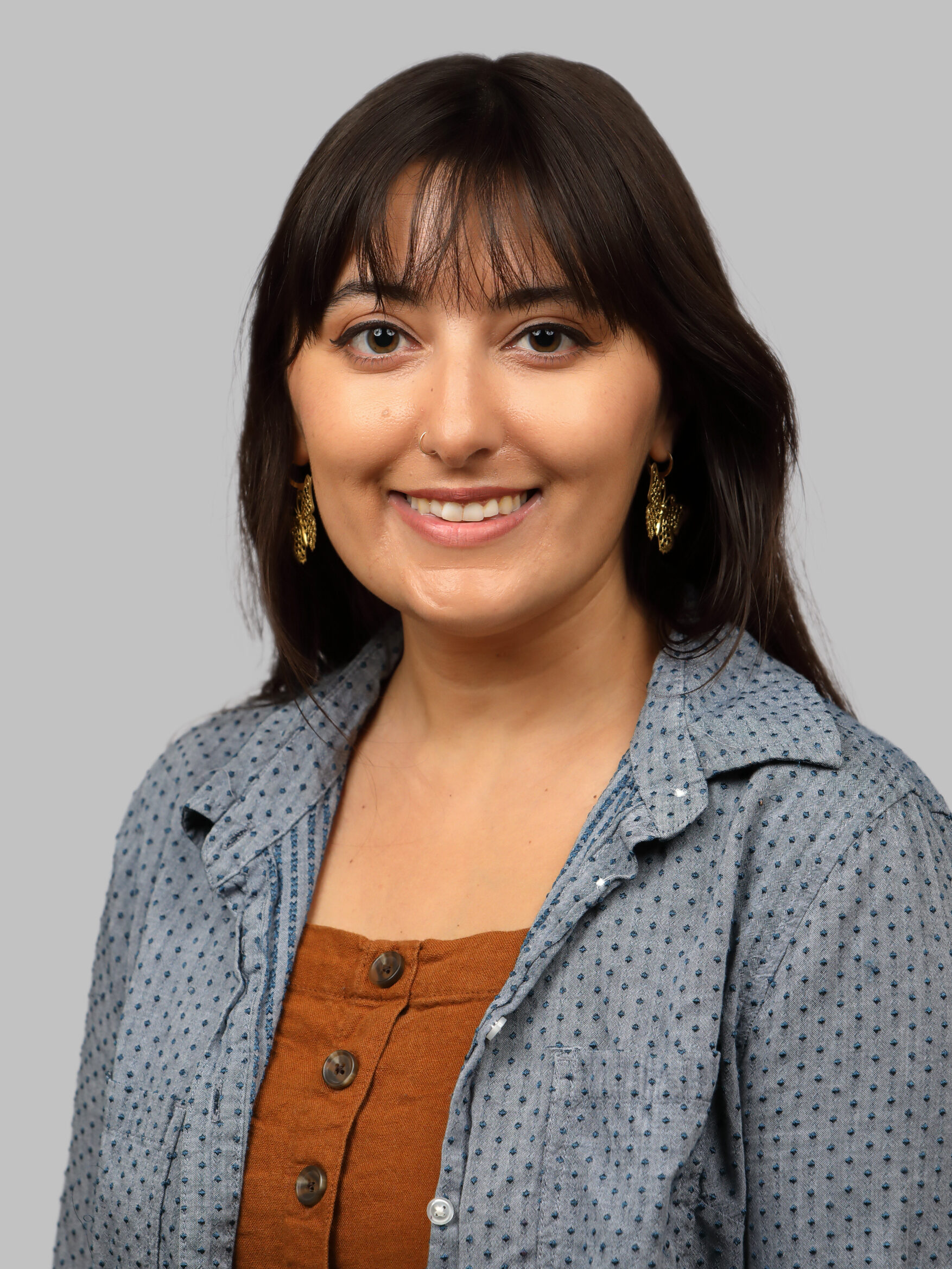
In order to offer a “good solid anthropology major,” Dr. Nichols-Belo said they needed to hire a full-time anthropologist faculty member. In 2023, they hired Dr. Lauren Dodaro, an environmental anthropologist who works in the Ecuadorian Amazon. She has taught courses on culture, language, gender and the environment and says she believes everyone can benefit from taking an anthropology course.
Dr. Rachael Goodman joined the Mercer faculty in 2020 as an assistant professor of global development studies. She has a Ph.D. in anthropology and a research focus on development.
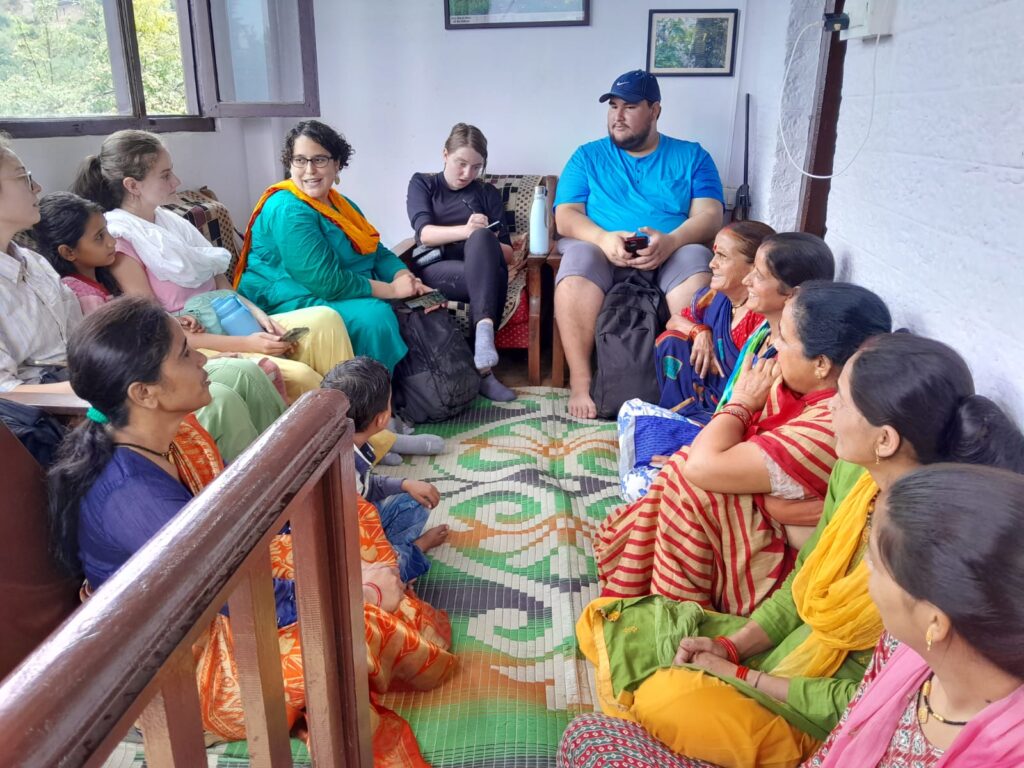
“Anthropology’s goal of making the strange familiar and the familiar strange is incredibly valuable for those wanting to help people from different places,” said Dr. Goodman.
“It reminds us that our normal is not everyone’s and that what makes sense in Macon may not make sense elsewhere.”
The new anthropology program currently has 12 majors and 13 minors.
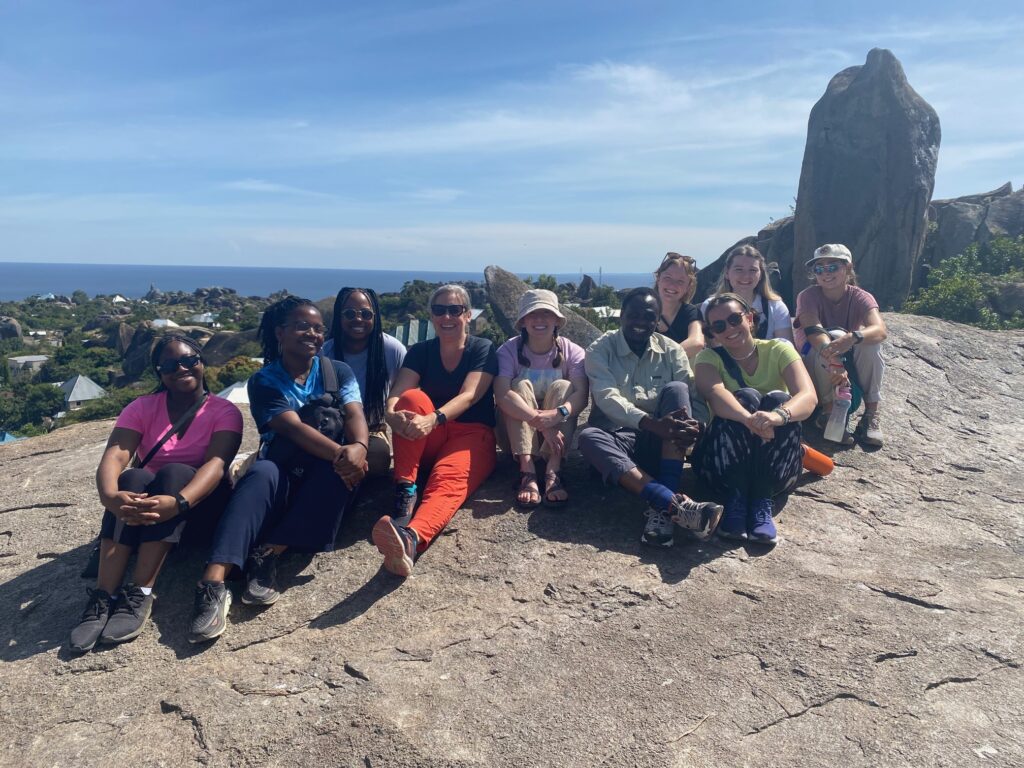
Mercer’s anthropology degree provides “solid grounding in methodological and theoretical approaches to understanding human cultural diversity.” Dr. Nichols-Belo said they designed it as a “smaller” 27-hour major because they wanted it to be accessible to a whole host of different students.
“What we wanted to do was to create something that was small enough that it would be a great double major with biology, global health studies, global development studies, women’s and gender studies, or a foreign language, or a really solid primary major for students who are pre-health but didn’t want to go the natural sciences route or a public health route,” said Dr. Nichols-Belo.
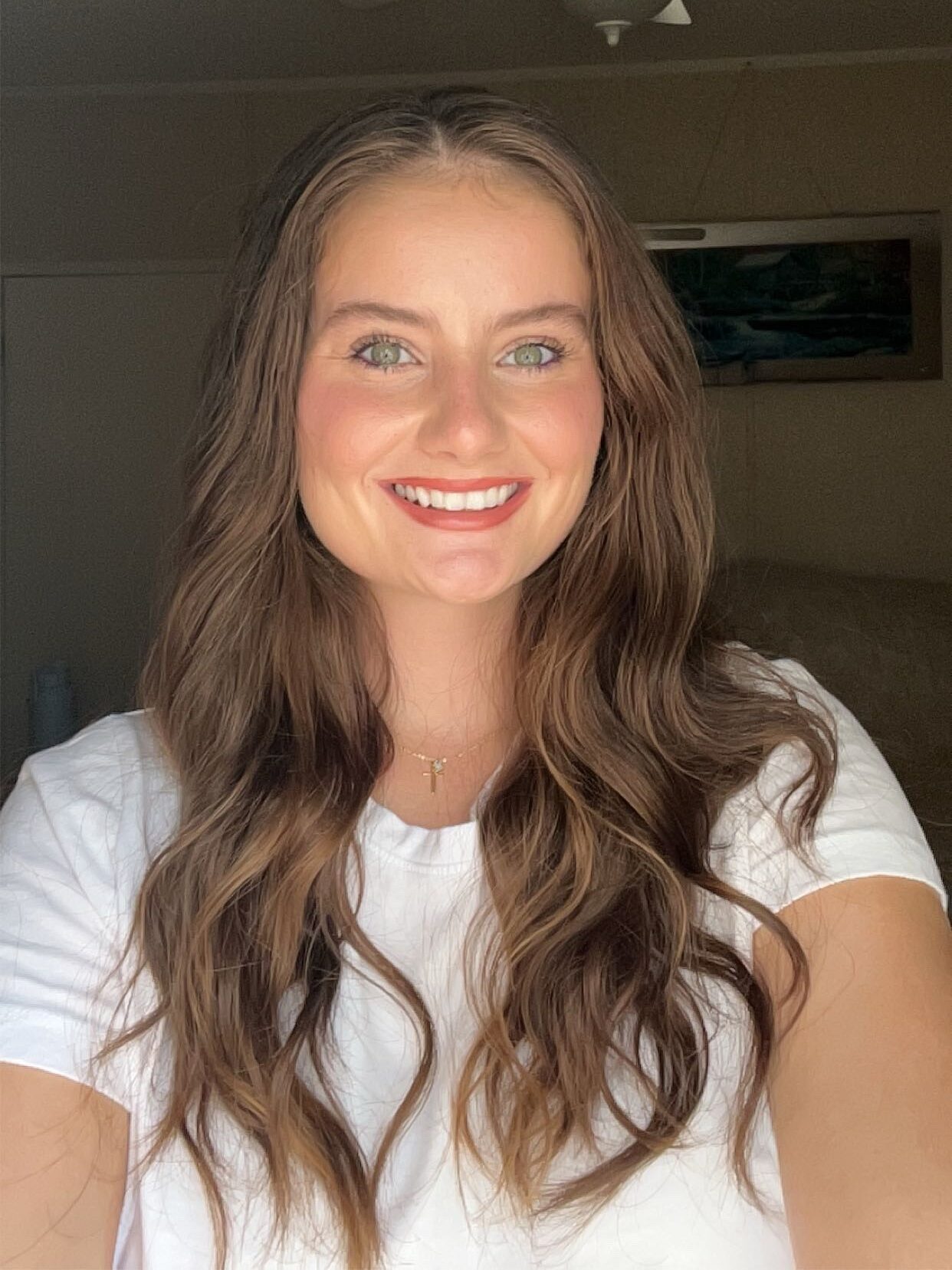
Breanna Waldroup, a senior double-majoring in global health and anthropology, said she plans to apply her degree in the health setting.
“Anthropology is a newer discipline compared to the hard sciences, so it is often left out of health issues and interventions,” Waldroup said. “However, it has been proven that adding anthropological approaches or methods has helped health interventions and programs be more successful. With my degree, I want to push that agenda by using more anthropology in the world of health.”
Providing undergraduate research opportunities is a high priority at Mercer, and anthropology students have the opportunity to conduct original research, participate in Mercer On Mission, engage in study abroad and take part in other unique experiences.
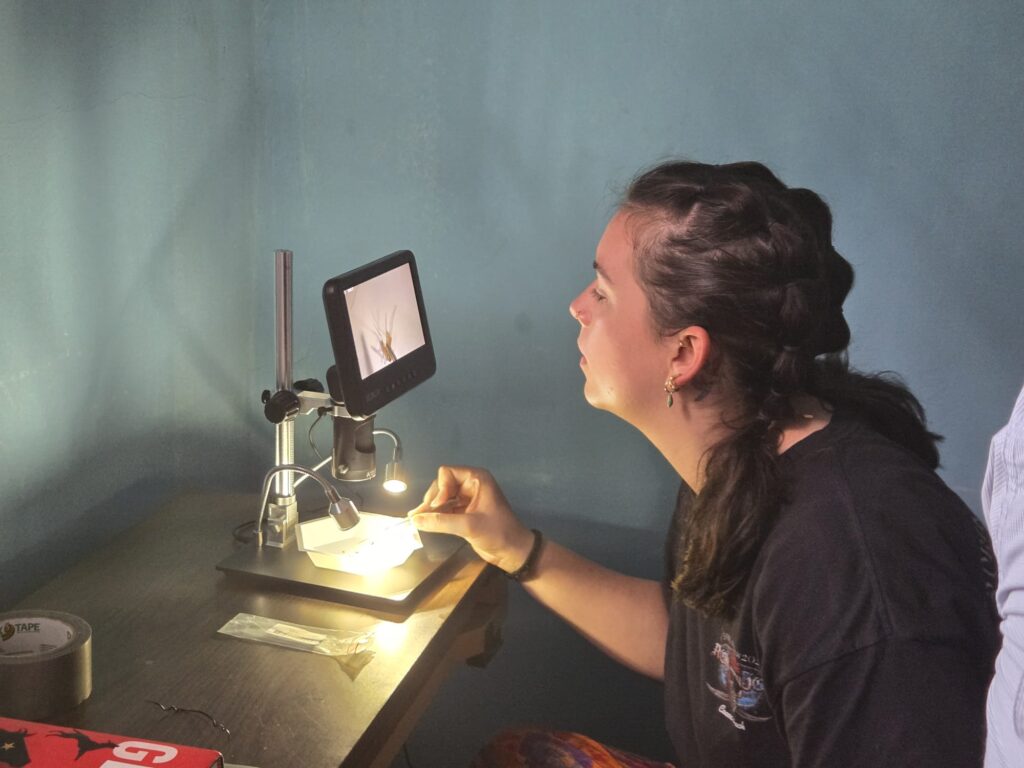
Tori Jackson graduated last year with a double-major in global health studies and anthropology. In the program, she performed an original research project and participated in a Mercer On Mission to Tanzania and a faculty-led research trip to Uganda.
“These experiences added exponentially to my life,” Jackson said. “Performing research of my own and being a part of a research team taught me so much about the unpredictability of science and that research is a process not immediate, and it also made me grow ultimate respect for researchers.”
Dr. Nichols-Belo said the major is rooted in anthropology’s engagement with activism.
“That’s really thinking about how you can take the theoretical ideas of anthropology and anthropology’s core values and apply them back to making the world a better place. We’re helping students to see the connection in applying theory to practice. So in that way, it’s a very CLAS program.”

